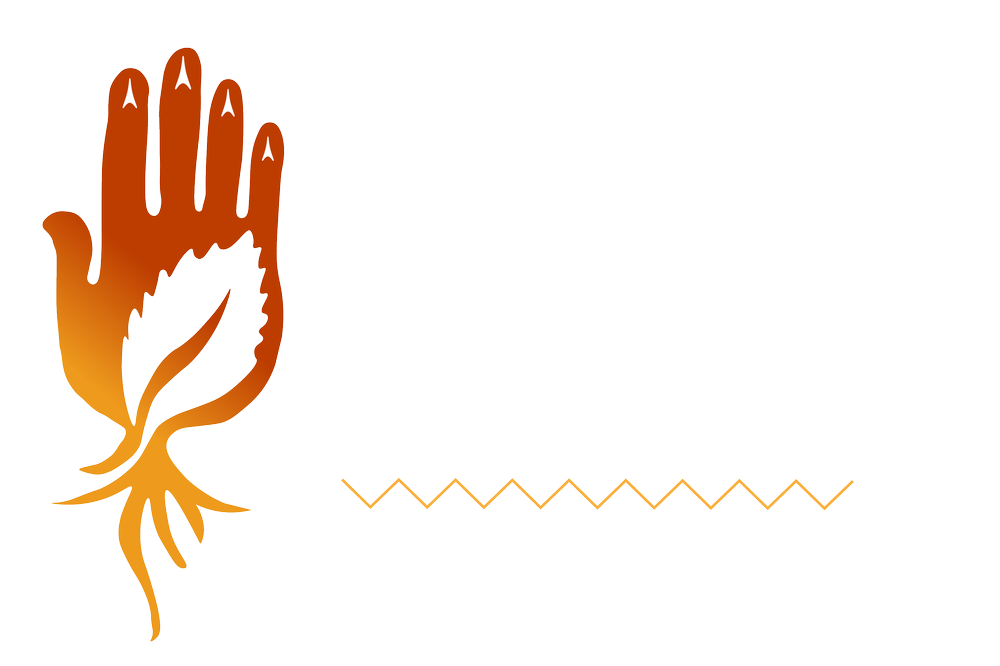
History
We Lift Our Food Systems Up
For over a decade, tribal communities and passionate individuals have organized and unified efforts to enhance the health of the land and people.
During this time, FEED staff established themselves as strong voices in the food sovereignty movement. They developed partnerships, created curriculum and educational content, advocated for environmental policy, and provided community education classes. These efforts were implemented under grants and fiscal sponsorships from institutions, tribal governments, tribal organizations, and community advocacy groups. These efforts made an impact and are a testament to the power of tribal communities across the country, but more must be done.
Like many community-based movements, organization was needed to strengthen capacity and meet the growing demands for services. Establishing a non-profit entity empowers the people and movement by creating structure and building capacity. It also showcases the effectiveness of the approaches identified in FEED staff’s collective work. Those approaches include working with community assets and advocates, utilizing professional contacts and leveraging strong partnerships.
Compared to the U.S. population at-large Native populations have lower health status and life expectancy; disproportionate disease rates; higher mortality rates from depression, cardiovascular disease, and diabetes; and face discrimination in health service delivery.
In the face of such disparities, a movement is growing.




